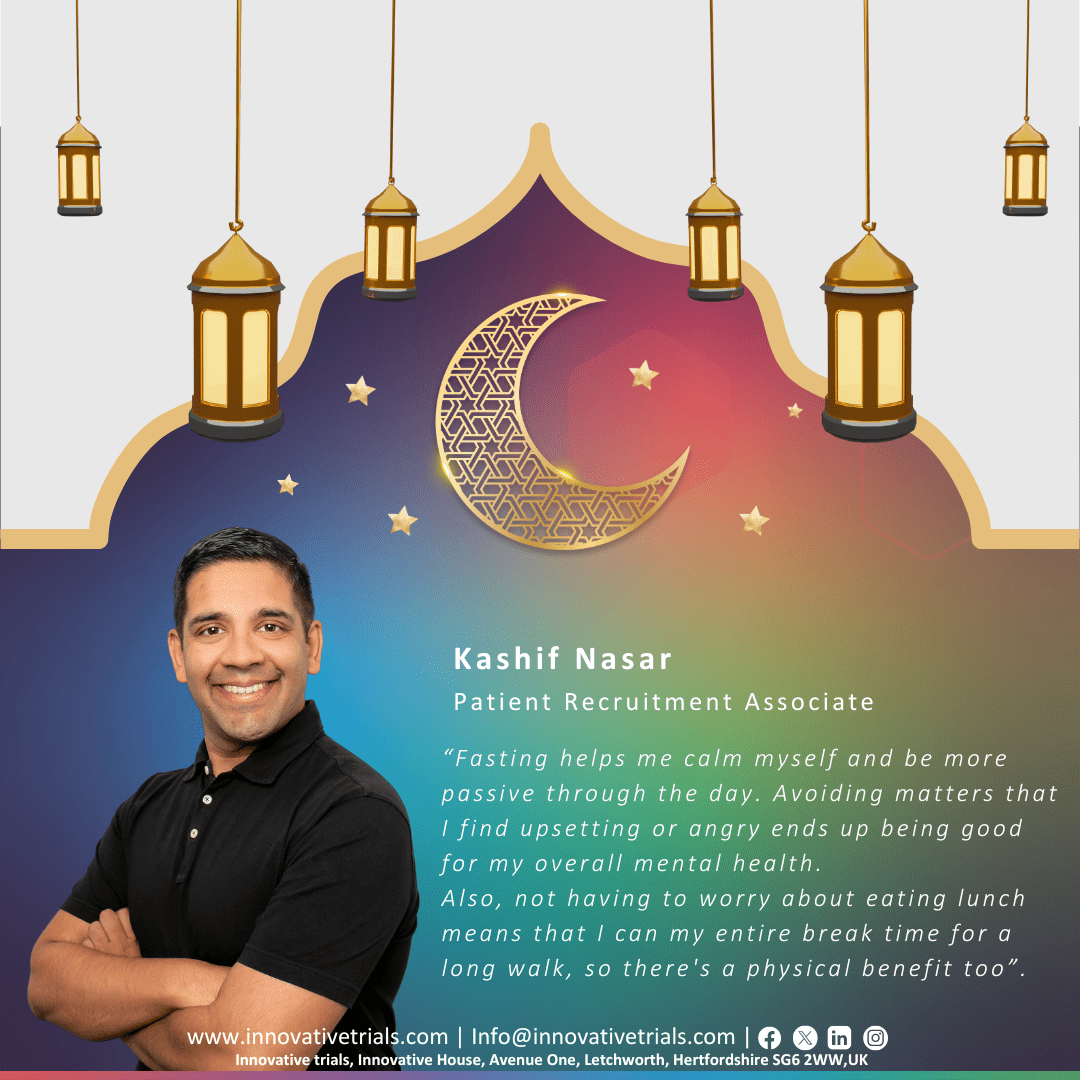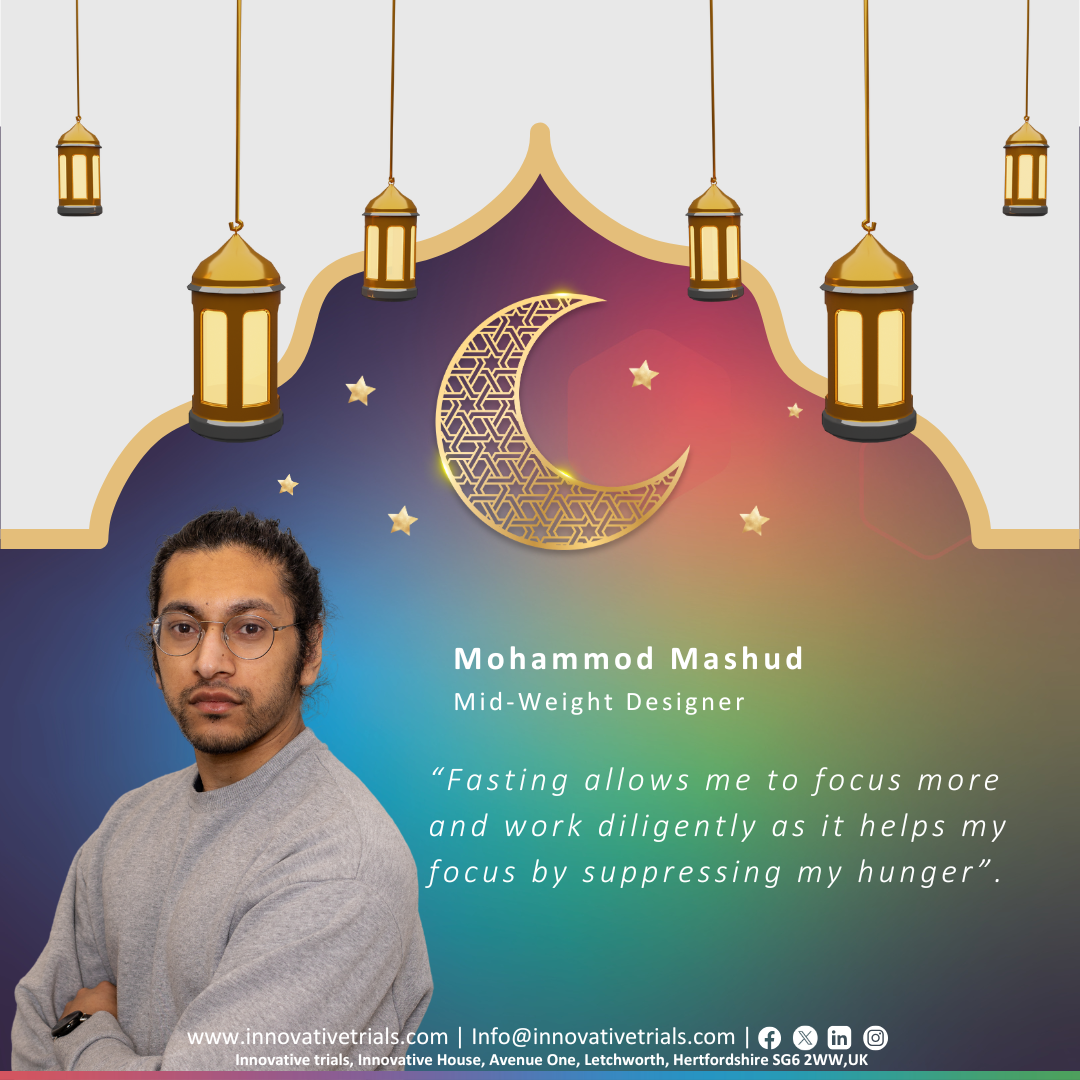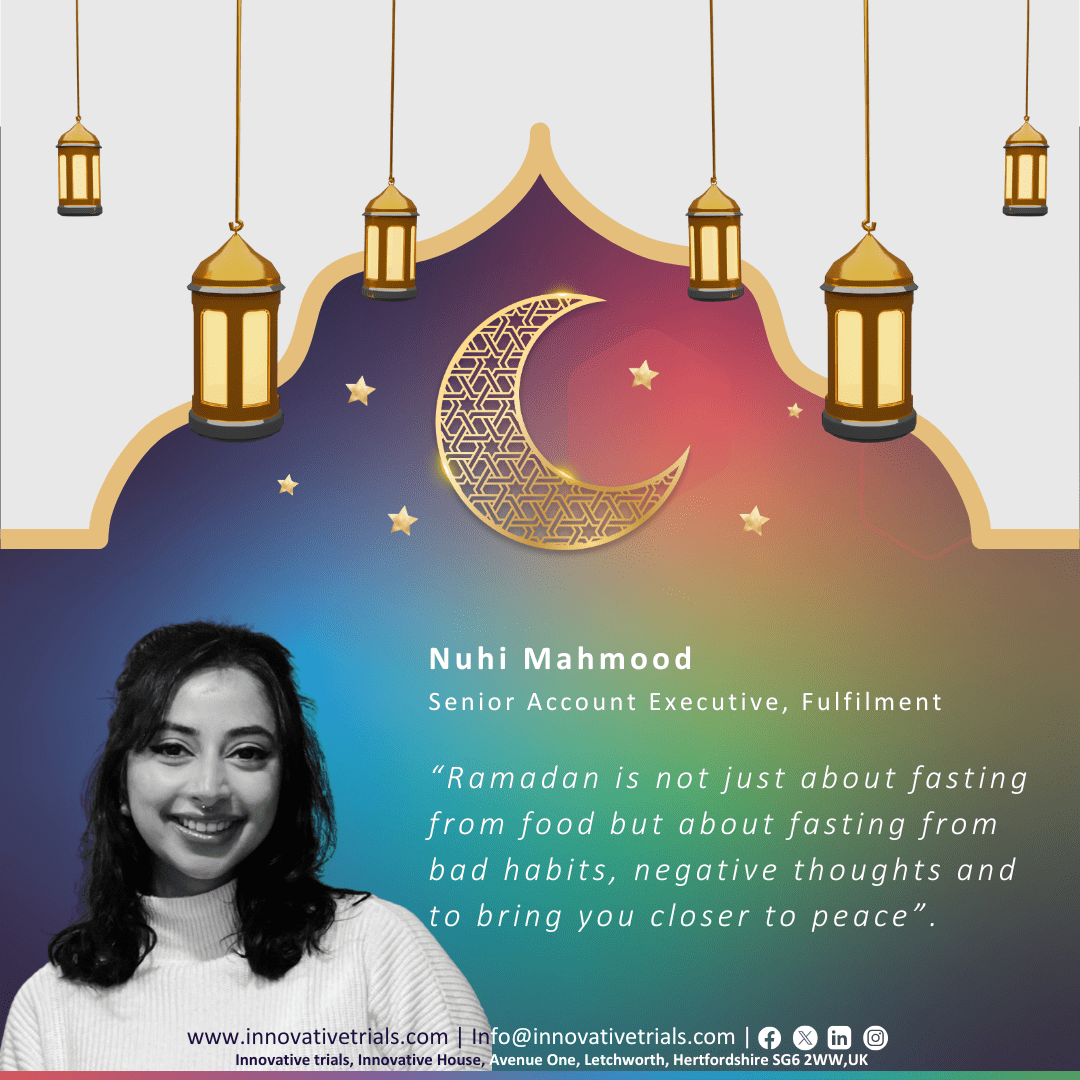


Ramadan is a month that marks the revelation of the holy book of Islam, The Qur’an. During this month Muslims give up having food and drink during the daylight hours. This is obligatory for Muslims and the purpose is to develop one’s self-control and compassion for those less fortunate. Eid-ul-Fitr is a festival that marks the end of Ramadan (ING, 2025).
5 Pillars of Islam
In Islam, there are 5 pillars of faith:
- Shahada (Declaration of Faith) – “There is no god but God, and Muhammad is the Messenger of God” is the statement of belief that enters an individual into the Islamic faith.
- Salat (Prayer) – Daily prayers, performed over the course of a day.
- Zakat (Charity) – An annual minimum of 2.5% of wealth donated to charity.
- Sawm (Fasting) – Fasting during the daylight hours of Ramadan, having no food or drink.
- Hajj (Pilgrimage) – Once in the lifetime of a Muslim, pilgrimage to Mecca in Saudi Arabia, is compulsory for those who have the means and ability to complete the journey and return home. (The Met Museum, 2024)
These pillars are considered to be the essential aspects of what it means to be a Muslim. The fasting period is an annual event and is intended to nurture a person’s generosity.
Sawm (Fasting)
Fasting has the ability to help a person learn more about themselves and make improvements to habits and behaviors that may not be positive. For those with compulsive eating habits, it is a way of breaking free from them, and those with unhealthy food choices, an opportunity to see the difference healthier food can make to overall health and well-being. As a Muslim, fasting also coincides with refraining from negative behavior like: swearing, lying, fighting, arguing, and speaking ill of others. The difficulty of the fasting period will depend on how much these behaviors are a part of one’s life. The importance of removing them from your life becomes apparent and should be easier than not being able to eat or drink. (Islamic Relief, 2025)
Scientific studies into fasting have found that there are a number of health benefits to be gained from a variety of fasting strategies:
- Improved insulin resistance
- Reduce inflammatory illness
- Improve triglyceride and cholesterol levels
- Improve blood pressure
- Positive effects on brain health
- Weight loss
- Balance hormone levels
- Limit effects of aging
- Cancer prevention (Ajmera, 2023)
Zakat (Charity)
Charity is considered to be a duty for every Muslim with any form of wealth. There are always people in need and if everyone did their duty, there would be no hunger or suffering in the world. Zakat translates to ‘that which purifies’, highlighting what the act of giving does for the donor’s soul.
Those considered to be suitable recipients of zakat include:
- Fakir (the destitute)
- Miskin (those suffering famine)
- Amil (persons responsible for distributing zakat)
- Riqab (anyone in captivity but not imprisoned)
- Gharmin (those in significant debt)
- Fisabillillah (those that dedicate their lives to Allah)
- Ibnus Sabil (travelers who may be lost or without money to continue their journey)
- Muallaf (friends of the Islamic community who are in need) (Muslim Aid, 2025)
A Muslim is expected to manage and know what their overall wealth is. ‘Wealth’ is determined to include savings and owned property, as well as income that is received beyond one’s means to live and look after their family. Of this amount, it is generally expected to give away 2.5% annually. With so much man-made suffering occurring around the world, this amount is considered to be a minimum and the giving of as much as possible is encouraged, without putting oneself into difficulty (Islamic Relief, 2025).
Eid-ul-Fitr
Eid-ul-Fitr (Festival of Breaking the Fast) marks the end of Ramadan. It is 1 of the 2 major celebrations in the Islamic calendar. After having spent a month fasting and in prayer, it is a time to join with friends and family in celebration. If your Ramadan has gone well, you are a much-improved person than you were when you began and this is what forms the basis of the festival. The day begins with a special prayer, where the self-reflection and improvement of Ramadan is acknowledged. The dangers of returning to previous ways is underlined and commitments made to help those less fortunate all year long. After the prayers, the day is spent eating good food, giving gifts, continuing to help the needy, and enjoying the company of loved ones. It is a little difficult to go back to normal after avoiding food for much of the previous month, but Muslims are left with the thoughts of how they will manage their relationship with food, drink, and the type of person they choose to be until next year’s Ramadan.
References
- Islamic Networks Group (ING) (2025). Ramadan Information Sheet https://ing.org/resources/for-all-groups/calendar-of-important-islamic-dates/ramadan-information-sheet/
- The Met Museum (2024). The Five Pillars of Islam https://www.metmuseum.org/learn/educators/curriculum-resources/art-of-the-islamic-world/unit-one/the-five-pillars-of-islam
- Islamic Relief (2025). Ramadan 2025 with Islamic Relief https://www.islamic-relief.org.uk/giving/islamic-giving/ramadan/
- Muslim Aid (2025). A Comprehensive Guide to Zakat https://www.muslimaid.org/what-we-do/religious-dues/zakat/
- Ajmera, Rachael (2023). 8 Health Benefits of Fasting, Backed by Science. Healthline. https://www.healthline.com/nutrition/fasting-benefits
- Islamic Relief (2025). What is Zakat al Fitr (Fitrana)? https://www.islamic-relief.org.uk/giving/islamic-giving/ramadan/zakat-al-fitr/
- Muslim Aid (2025). Eid-ul-Fitr https://www.muslimaid.org/what-we-do/religious-dues/ramadan/eid-ul-fitr/
